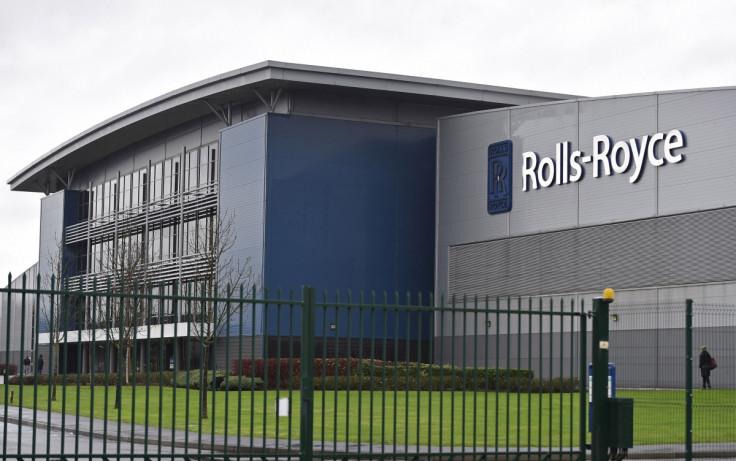Developing SMRs could create 40,000 highly skilled jobs and boost exports, Rolls-Royce says
The Rolls-Royce consortium said the full development of SMR technology would require £1.2bn.

Developing small modular reactors (SMRs) can create 40,000 highly skilled jobs and increase exports by hundreds of billions, Rolls-Royce has claimed.
The British engineering firm is one of the companies competing for the UK government's £250m ($310.77m) project to develop SMRs. It is said to be heading a consortium of about a dozen companies with the hope of getting selected to develop these reactors for the UK.
Harry Holt, president at Rolls-Royce's nuclear business, said "The 'Britishness' of our proposal is very strong — we're talking about high-value intellectual property being created here and the UK content is very high. This is not a case of British companies doing low-value work such as pouring the concrete for the building work."
The senior executive added that tens of thousands of "highly skilled, long-term jobs in Britain" could be created if the UK government selects the Rolls-Royce consortium. With regards to a boost to exports, Holt said, "Government is supportive of this technology and this is an opportunity to change the whole paradigm of technology from importing expertise into Britain to exporting it from this country."
Rolls-Royce is expecting a solid global demand for SMRs over the next two decades. While UK could see an SMR demand of 7GW, the global demand could be as high as between 65GW and 85GW in this period, the London-based company said. This, it said, could be worth between £250bn and £400bn.
Separately, Tom Greatrex, chief executive at the Nuclear Industry Association, also said that developing SMRs would benefit the UK. He was cited by the Belfast Telegraph as saying, "The burgeoning international interest in the development of small modular reactors provides not only an additional option for managing the transition to a low carbon power supply, but could also be an important export opportunity for the UK, developing a supply chain, intellectual property and high quality, skilled jobs."
The Rolls-Royce consortium said the full development of SMR technology would require £1.2bn. It would cost an additional £1.7bn to get the first SMR operational and running, suggesting the technology was cheaper than conventional nuclear projects such as Hinkley Point.
While the Hinkley Point project is not expected to start energy production until at least 2025, Holt said its first SMR could get "connected to the energy grid by 2028". Holt, however, said that this timeline would depend on when the government would pick the competition's winner. "We are comfortable with progress at the moment but to hit that deadline we need to be going into the licensing process with the regulator in 2017," he was quoted as saying by the Telegraph.
© Copyright IBTimes 2025. All rights reserved.





















